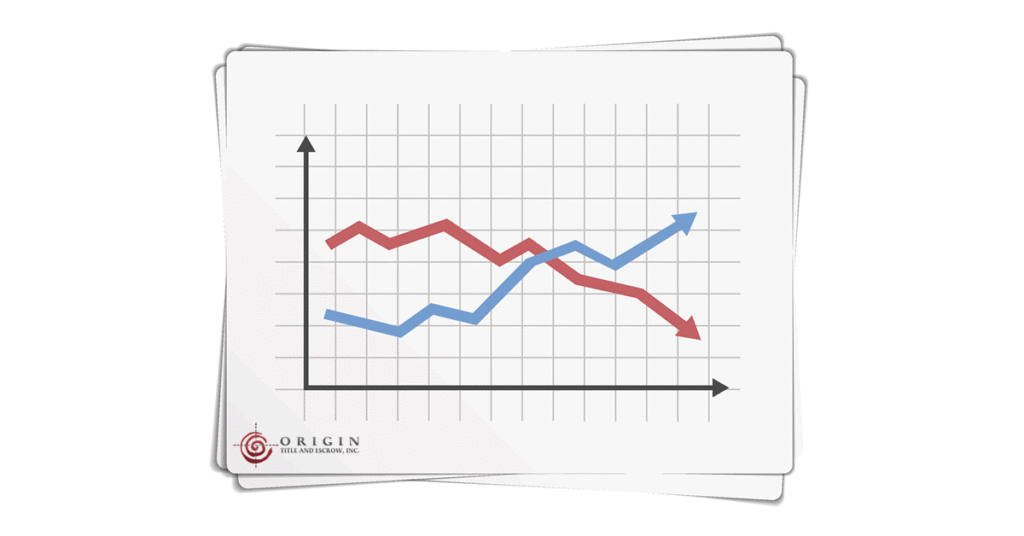
PAYING OFF YOUR MORTGAGE EARLY MAKES YOUR APR GO UP
The annual percentage rate, or APR, is the total cost of borrowing money over the full term of the loan, expressed as a yearly number.
You’ll find it on page 5 of the closing disclosure, with the proviso that “this is not your interest rate.” The purpose of the APR is to make it easier for borrowers to compare mortgage offers (including closing costs) over the life of the loan. It’s a more realistic comparison than interest rate alone.
Paying off a mortgage early will save money, but it will adversely affect the APR.
Here’s an example:
If you borrow $100,000 for 10 years at 4%, and you pay $100 in closing costs:
- The $100 in closing costs, paid over 10 years is a 0.1% cost each year
- Your APR will be 4.1%
If you pay off the loan in 5 years, the $100 in closing costs is spread over 5 years instead of 10:
- The $100 in closing costs, paid over 5 years is a 0.2% cost each year
- Your APR will be 4.2%
In this scenario, your total costs will be lower because you pay off the loan early, but resulting APR would go up.
A qualified closing attorney will be able to explain every calculation and every term and condition during the closing process.
Real estate agents who work mostly with buyers – especially first-time buyers – will enjoy working with a closing attorney who not only can explain but enjoys explaining everything at the closing table.
